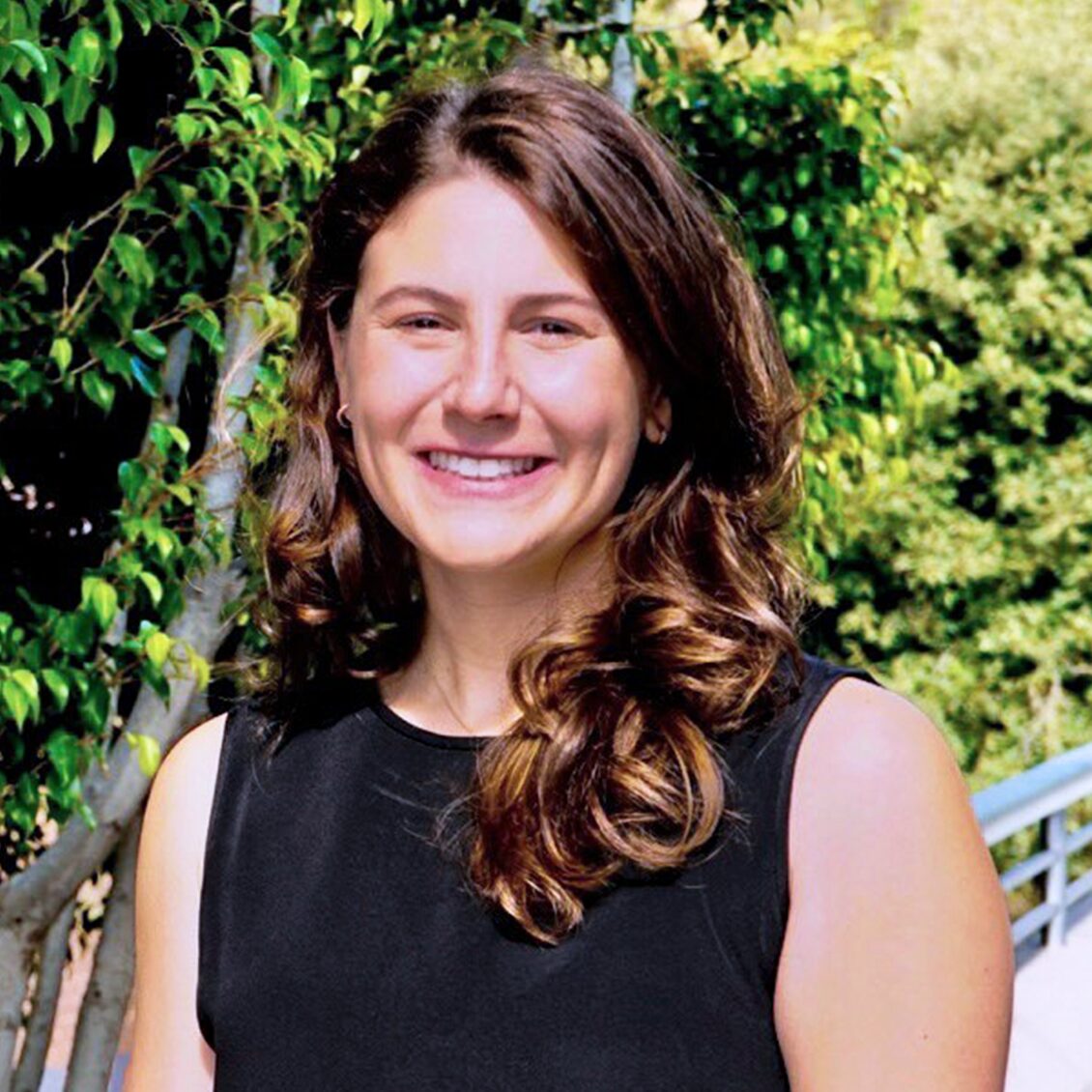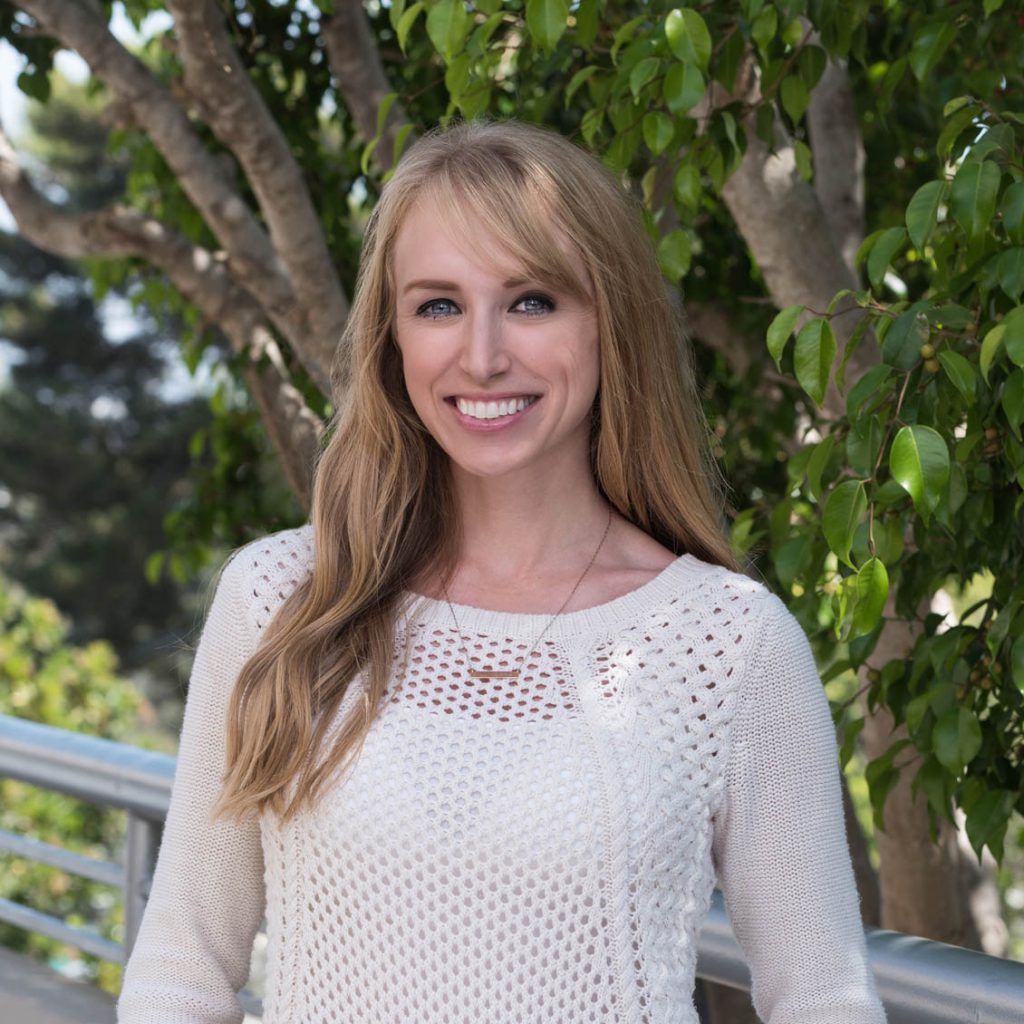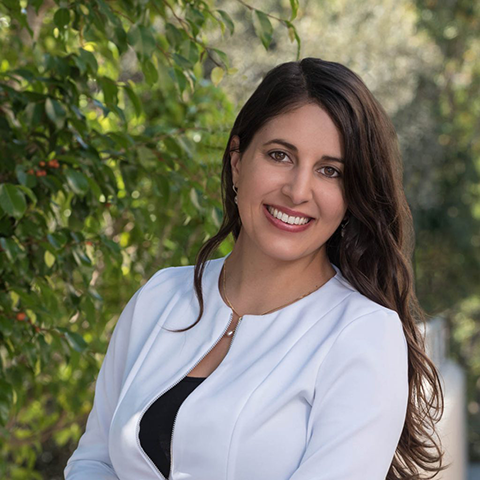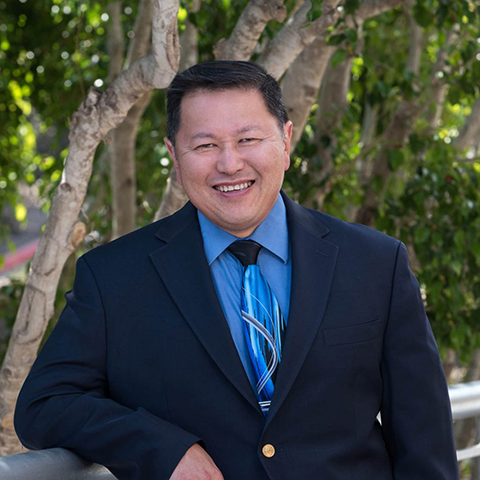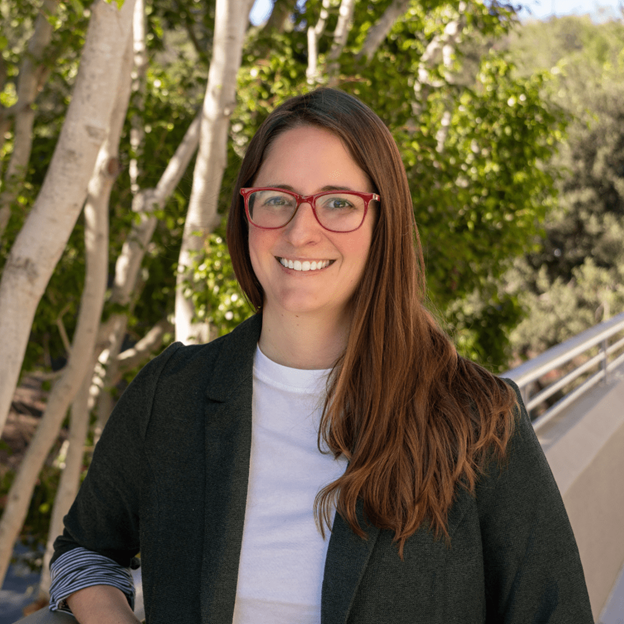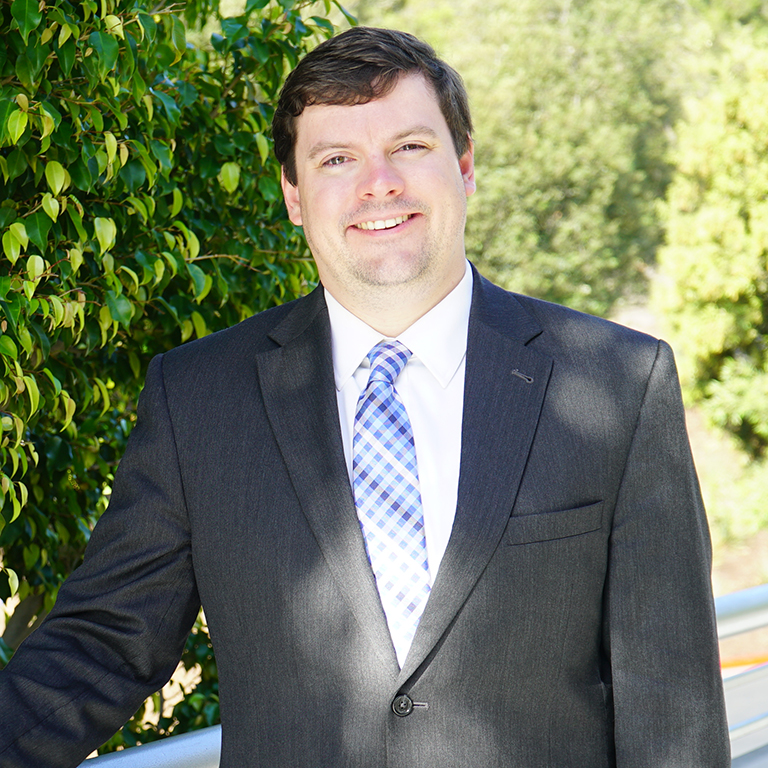|
What’s Inside: Biocom California Co-Leads ARPA-H Investor Catalyst Hub; Comments on IRA Drug Price Negotiation Program; San Diego Supervisor Nathan Fletcher to Resign; Newest State Housing Laws; Omnibus Summary; Thousand Oaks as Future Biotech Hotspot; Berkeley’s Natural Gas Ban Overturned; and more.
|
|
Biocom California Co-Leads California’s Application for ARPA-H Hub
Biocom California has been a key leader working directly with the Governor’s Office to create a California consortium and move forward our application to have the ARPA-H Investor Catalyst Hub located in our state. The Investor Catalyst Hub is one of two hubs that ARPA-H will establish outside of the nation’s capital. We are confident that California is the best state to host the hub given the strength of our innovation ecosystem, unrivaled concentration of growth capital and state-of-the-art medical and research institutions. Biocom California has been working tirelessly in the past few weeks to build a large innovation consortium that will be the foundation of the investor hub while generating support from our congressional delegation.
|
|
Biocom California Comments on IRA Drug Price Negotiation Program
On April 14, Biocom California submitted comments on the IRA Medicare Drug Price Negotiation Program initial guidance. Thank you to our members for their continued engagement and feedback on this important topic. Please contact
Zoe Bilis for future regulatory comments.
|
Biocom California Unveils FY23 Omnibus Summary
In December 2022, Congress passed a $1.7 trillion FY2023 Omnibus Appropriations bill that includes funding for federal agencies, emergency funding for disaster relief and Ukraine, as well as new policies that were discussed as part of the Preparing for and Responding to Existing Viruses, Emerging New Threats (PREVENT) Pandemics Act and the Food and Drug Omnibus Reform Act (FDORA). We summarized the relevant provisions for our industry: download here.
|
Biden Administration Announces Project NextGen
Last week the Biden Administration announced a $5 billion “ Project NextGen” at HHS to incentivize the development of the next generation of vaccines and treatments for COVID-19. The funding would support research and development for new monoclonal antibody products, vaccines that produce mucosal immunity, and pan-COVID vaccines.
|
COVID-19 Public Health Emergency Transition
On April 10, President Biden signed a bill ending the COVID-19 national emergency declaration. While the public health emergency (PHE) is still planned to expire on May 11, federal agencies have begun issuing transition plans for their pandemic policies. The Food and Drug Administration recently published two transition plans for COVID-19-related medical device products and the Centers for Medicare & Medicaid Services released a fact sheet outlining the transition policies for COVID-19 vaccines, testing, and treatments, telehealth services, healthcare access, and more.
|
|
California’s Newest Housing Laws Could Affect Housing Production
Although it is too soon to assess the recently passed legislation, planners and housing advocates express cautious optimism that the new laws could help alleviate the state’s housing shortage. A brief released by members of the Terner Center for Housing Innovation at UC Berkeley highlights optimistic developments in three areas: growing support for ADUs and subsidized affordable housing; a shift in culture around project approvals; and changes in California’s Regional Housing Needs Assessment (RHNA) and Housing Element law, which are spurring zoning changes around the state.
|
|
|
|
|
|
|
San Diego
|
Board of Supervisors Urge Nathan Fletcher to Resign Immediately
The top story in San Diego over the past few weeks has been the fallout from a lawsuit filed against Supervisor Nathan Fletcher alleging harassment by a former employee of the Metropolitan Transit System, where Fletcher was chair. He subsequently announced his resignation from the Board of Supervisors, effective May 15. His colleagues on the board unanimously voted in favor of a resolution of no confidence in Fletcher and urged his immediate resignation. Another special meeting is planned for May 2 to consider a successor to represent District 4.
|
Biocom California in Support of Economic Development Strategy
Our policy staff spoke in support of San Diego’s draft Economic Development Strategy at the city council’s Economic Development Committee on April 12. City staff has actively engaged with Biocom California and our members to include policies and programs that will bolster life science in the city. The plan was approved by committee members unanimously and will go to full council for a final vote.
|
San Diego Planning Department’s Land Development Code
The San Diego Planning Department is now accepting suggestions for its annual update to the City’s development regulations, also known as the Land Development Code (LDC). Planning staff makes annual changes to the LDC to keep the City up to date with its ever-changing land use needs. Although the City takes the public’s ideas on a rolling basis, San Diegans must submit their ideas by April 30 to be considered in this year’s annual code update.
|
|
|
|
Los Angeles
|
Thousand Oaks Poised to be Next Biotech Hotspot
Thousand Oaks has the potential to be one of the largest biotech hubs in the country in the next 10-15 years, according to a regional economic forecast. The Thousand Oaks City Council has recognized that the growth of the life sciences sector is essential to the city’s economic development. Conejo Valley is at the center of it with dozens of life science companies already there and expectations for many more to come.
|
Greater LA Awarded $1.7B in NIH Research Funding in 2022
Among those institutes in Los Angeles who received NIH funding, California State University Fullerton was awarded a $1.7M grant for a biomedical science program to train underrepresented students for graduate school and careers in biomedical science. The grant supports CSUF’s Undergraduate Research Training Initiative for Student Enhancement (U-RISE), which aims to mentor students and prepare them for a biomedical doctoral or M.D. and Ph.D. programs.
|
LA City Council Reappoints Heather Hutt as Interim Councilmember
The LA City Council voted to reappoint Heather Hutt as the interim replacement for former Councilmember Mark Ridley-Thomas, skipping a special election. The former Councilmember lost his seat last month after being convicted on federal corruption charges. Hutt will remain on the council through December 2024.
|
|
|
|
Bay Area
|
Federal Appeals Court Overturns Natural Gas Ban in Berkeley
A federal appeals court overturned Berkeley’s ban on natural gas in new construction, arguing the city bypassed federal energy regulations when the ordinance was approved. The measure was intended to reduce emissions of greenhouse gasses that contribute to global warming. With some exceptions, it banned new residential and commercial buildings from installing natural gas piping in favor of electrical lines.
|
SF Legislation to Support the Future of Downtown and Union Square
Mayor London Breed and Board of Supervisors President Aaron Peskin announced a major legislative effort to support the future of Downtown and Union Square. This proposal will facilitate the conversion of office buildings to housing, create more opportunities for businesses, and streamline the permit review process.
|
All Nine Bay Area Counties Out of Drought
For the first time since 2019, the entire nine-county Bay Area is considered drought-free. The snowfall in the central Sierras, where San Francisco gets 85 percent of its water from, has shown snow-water levels at almost triple their historic average as of mid-March.
|
|
|
|
|
Upcoming Committee Meetings and Events
|
|
|
|
|
|
|
|
Zoe Bilis
Associate Manager of Regulatory Policy
Washington, D.C.
|
|
|
Emily Cassel
Govt. Affairs Events & Project Manager
San Diego
|
|
|
Laure Clark
Sr. Director, Federal Policy & Govt. Affairs
Washington, D.C.
|
|
|
|
Melanie Cohn
Sr. Director, Regional Policy & Govt. Affairs
SD, LA, Bay Area
|
|
|
Jimmy Jackson
Senior Vice President
& Chief Policy Officer
San Diego
|
|
|
|
Biocom California Advocacy
Biocom California is the largest, most experienced leader and advocate for California’s life science sector. Our public policy staff is strategically located in the Bay Area, Los Angeles, San Diego, Sacramento and Washington, D.C. We work with all levels of federal, state, and local governments to collectively pursue outcomes that benefit regional life science growth and contribute to a more innovation-friendly state. With over 27 years of experience, Biocom California works on behalf of more than 1,700 member companies statewide.
|
|
|




